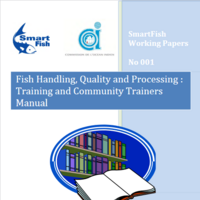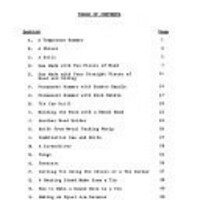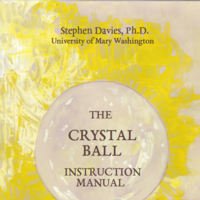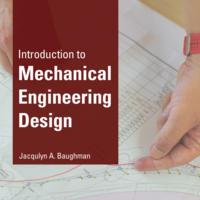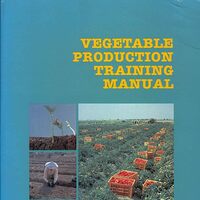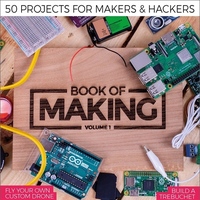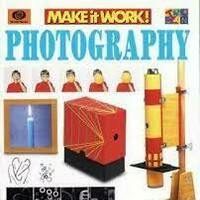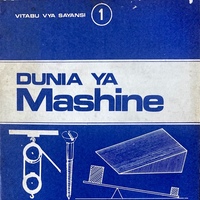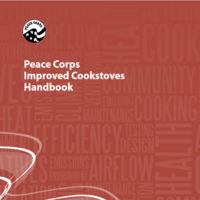Search
Books+
Searching 1,730 books
Search related to the career Process Technician
How to Become a Process Technician
Education and Training
To become a process technician, you typically need a high school diploma or equivalent. However, some employers may prefer candidates with an associate's degree or vocational training in fields such as process technology, chemical technology, or industrial maintenance. Consider pursuing relevant coursework in math, chemistry, physics, and computer science.
Gain Relevant Experience
Look for entry-level positions or internships in industries that utilize process technicians, such as manufacturing, chemical processing, or pharmaceuticals. This will provide you with practical experience and help you understand the processes involved in the field.
Develop Technical Skills
Process technicians require a strong understanding of technical concepts and equipment operation. Familiarize yourself with various tools, instruments, and machinery commonly used in the industry. Additionally, learn about safety protocols, quality control measures, and troubleshooting techniques.
Obtain Certifications
While not always mandatory, certifications can enhance your job prospects and demonstrate your expertise. Consider obtaining certifications such as Certified Production Technician (CPT) or Certified Process Technician (CPT) offered by organizations like the Manufacturing Skill Standards Council (MSSC).
Continuing Education
Stay updated with the latest advancements and industry trends by participating in continuing education programs or workshops. This will help you expand your knowledge and remain competitive in the field.
Refine Soft Skills
Process technicians often work in teams and need excellent communication, problem-solving, and critical-thinking skills. Develop your ability to work collaboratively, adapt to changing situations, and troubleshoot issues effectively.
Job Search
Once you have the necessary education, experience, and skills, start searching for process technician positions. Look for job openings in industries such as manufacturing, oil and gas, pharmaceuticals, or food processing. Update your resume to highlight relevant qualifications and apply to suitable positions.
Interview Preparation
Prepare for interviews by researching the company and familiarizing yourself with common interview questions for process technician roles. Be ready to discuss your technical knowledge, experience, and problem-solving abilities.
On-the-Job Training
After securing a position as a process technician, you may undergo additional on-the-job training to learn specific processes and procedures used by your employer. Take advantage of this training to further develop your skills and gain hands-on experience.
Remember, the specific requirements to become a process technician may vary depending on the industry and employer. It's essential to research and understand the qualifications and expectations of the specific job you are interested in.
Source: Various AI tools
Vocational skills
Computer science
Books tagged Computer Science
Technology
Books tagged technology
Searched in English.
